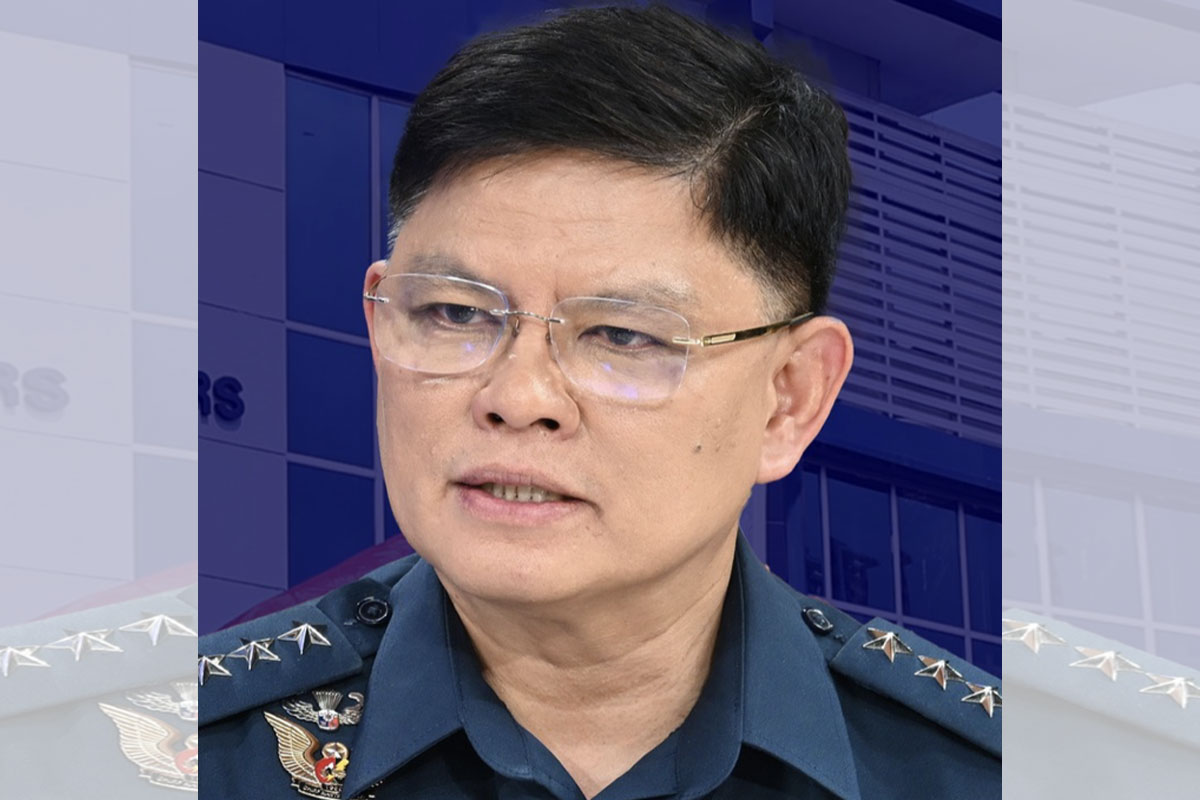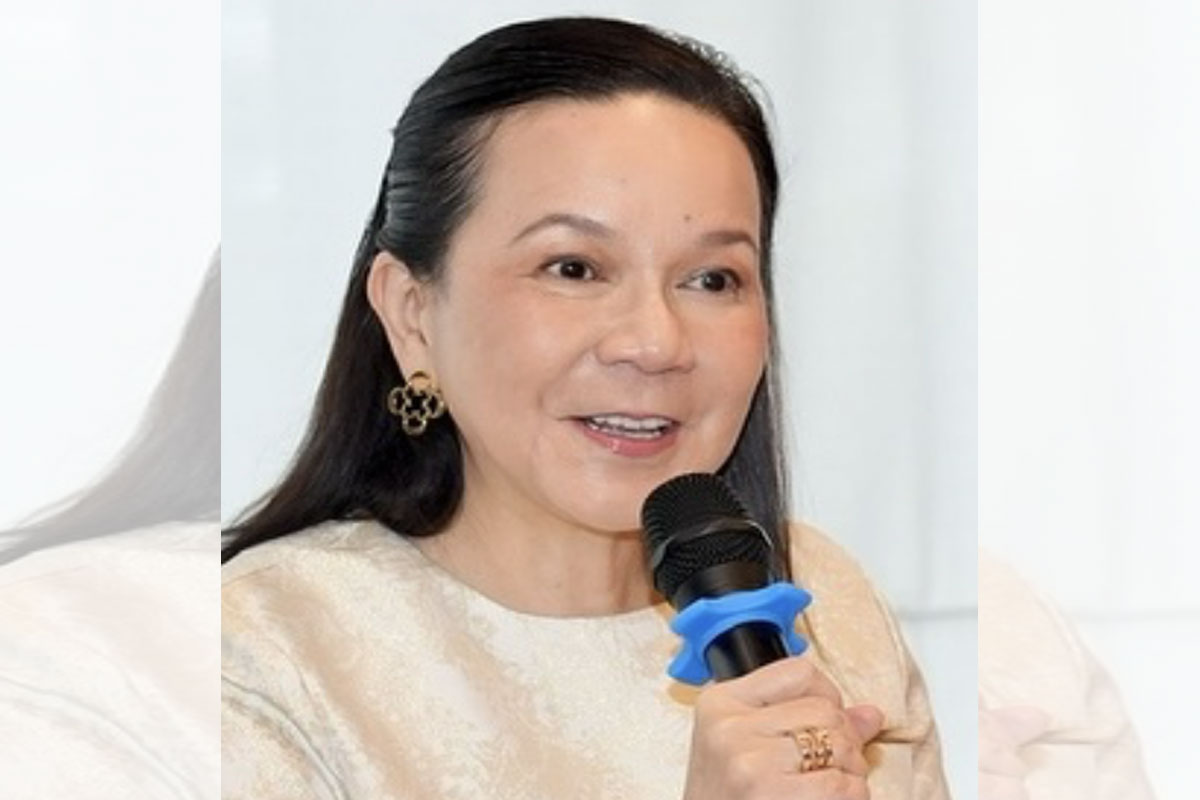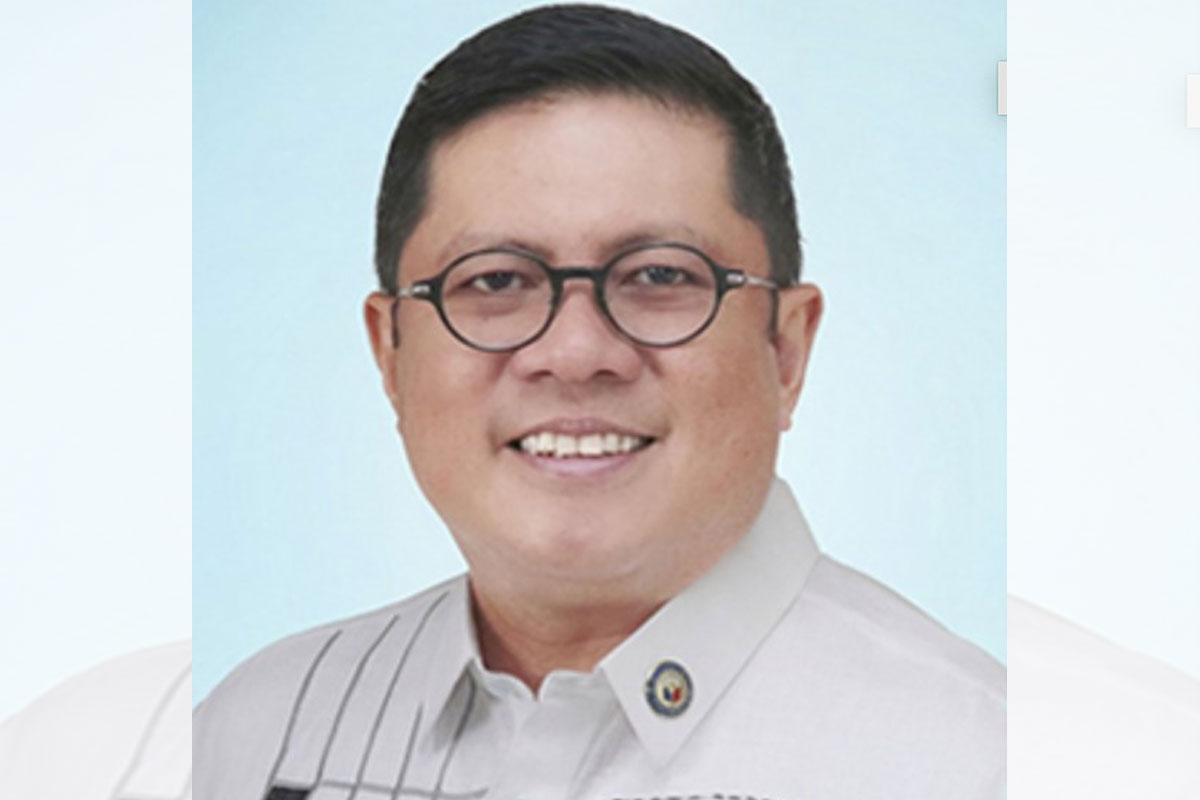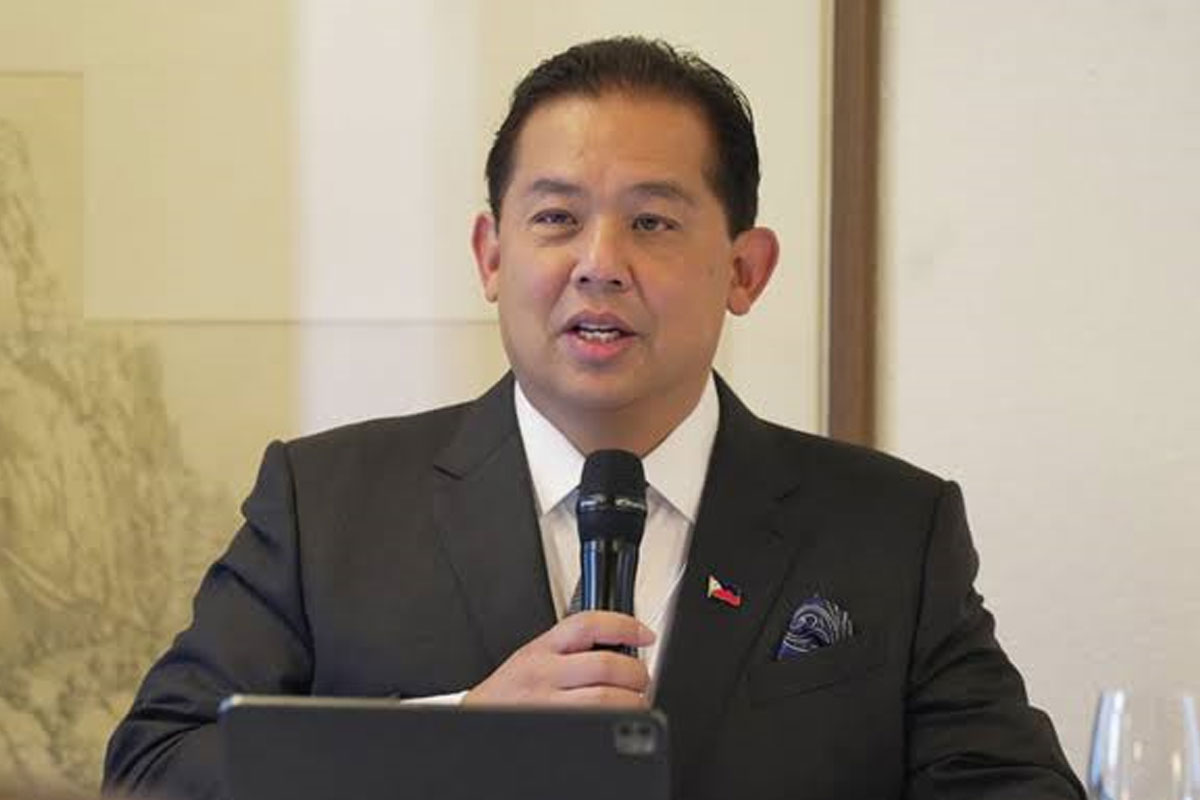
DSWD’s feeding program
WE commend the national government, through the Department of Social Welfare and Development (DSWD), for pursuing the Supplemental Feeding Program (SFP).
The DSWD continues to implement the SFP following the directive of President Marcos and pursuant to RA No. 11037 or the “Masustansyang Pagkain para sa Batang Pilipino.”
Since its launching in 2021, the SFP, which addresses malnutrition and improves the health of young kids, has benefitted some four million children across the nation.
Under the highly-successful feeding program, DSWD provides food to children, in addition to the regular meals of kids currently enrolled in LGU-managed day care centers.
The types of meals usually served to kids are indigenous foods and/or locally-produced foods equivalent to one-third of the Recommended Energy and Nutrient Intake (RENI).
For the 11th Cycle of SFP implemented in the school year 2021-2022, a total of 1,993,377 children were served nutritious meals surpassing the annual target by 2.9 percent.
For the 12th cycle of the program, which started in August 2022, some 1,855,954 children were served as of June 2023.
Aside from SFP, the DSWD also implements the Bangsamoro Umpungan sa Nutrisyon (BangUN) Project to combat malnutrition among children and provide health support to pregnant and nursing women in the Bangsamoro Autonomous Region in Muslim Mindanao (BARMM).
In 2022, the BangUN Project served 18,657 children and 3,343 pregnant and nursing women.
The DSWD, as the chair of the Inter-Agency Task Force on Zero Hunger (IATF-ZH), vowed to continue to collaborate with concerned agencies, LGUs and development partners to address hunger, ensure food security and decrease stunting among poor Filipino children.
The government deserves the support of the public as it strives to meet the food needs of the mushrooming population, particularly the millions of young children.























